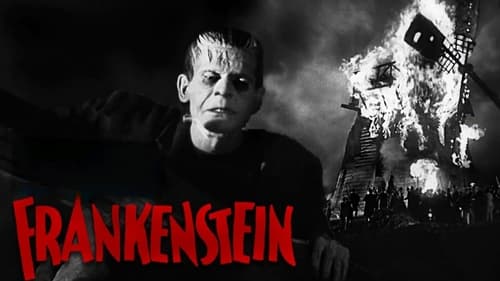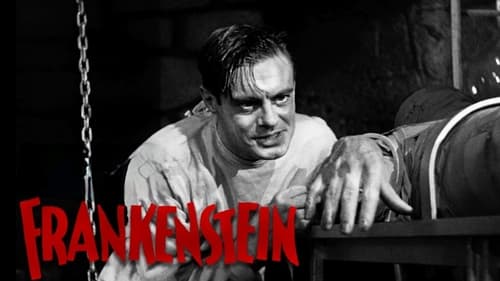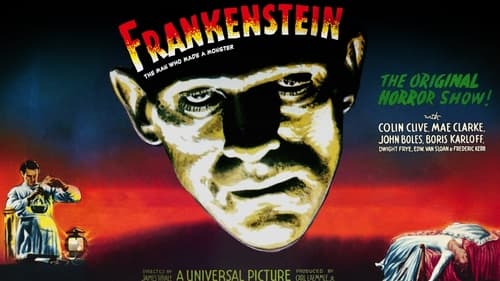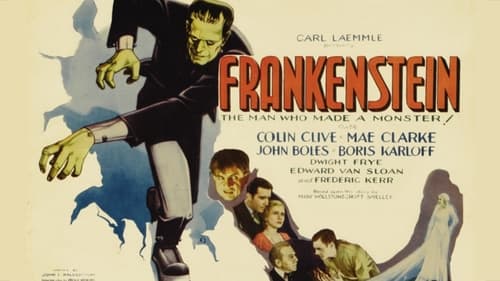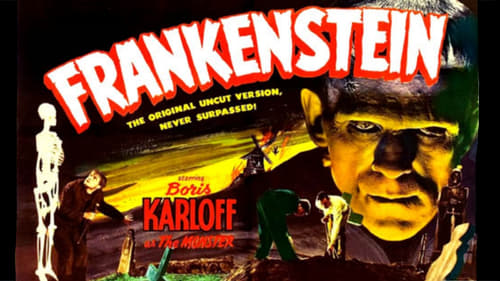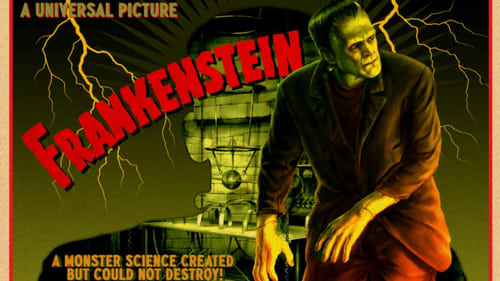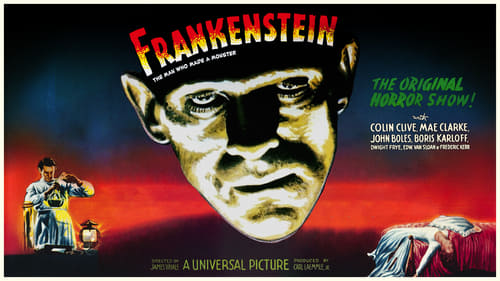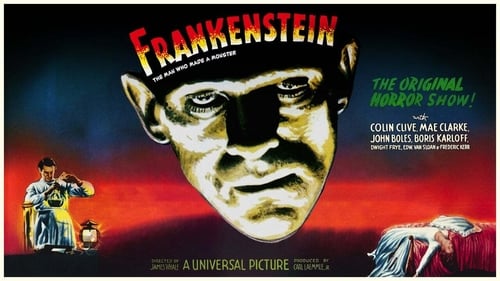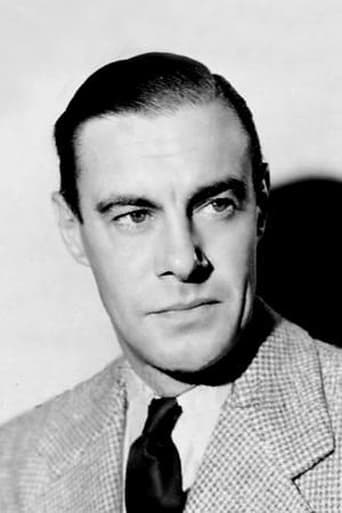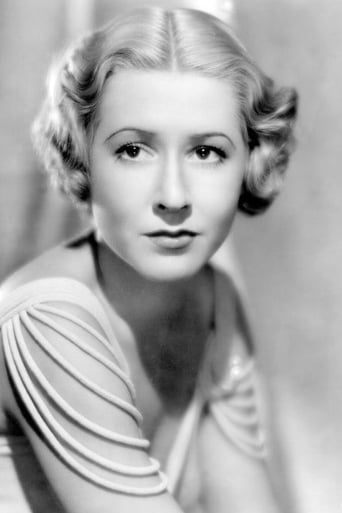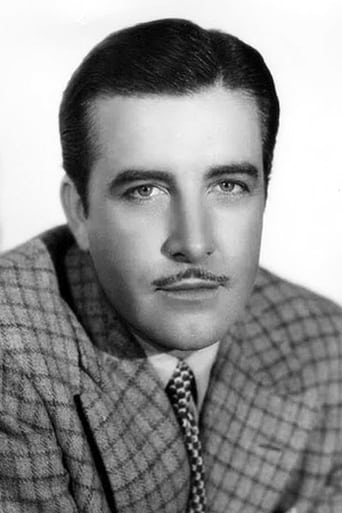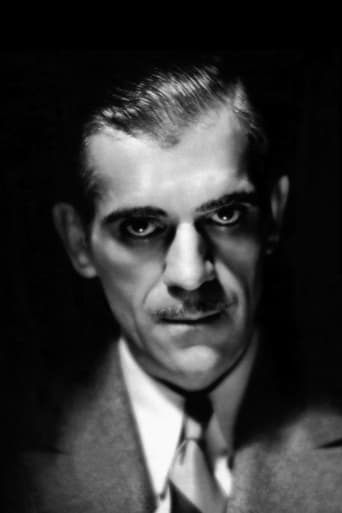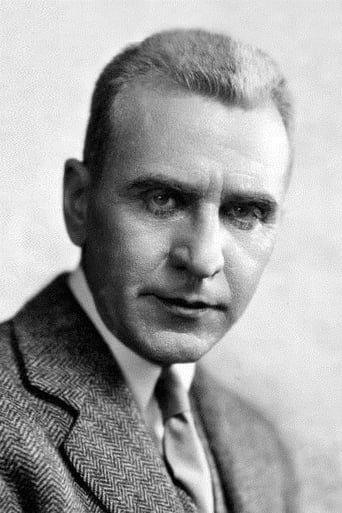bmoviep
Telling an old story in a new way is a colossal task that many undertake, but few succeed in. Creating an original story, while staying true to the underlying themes and structure of the original is a difficult balance to maintain. However, The 1931 film adaption of "Frankenstein" is possibly the greatest example of a reimagined classic story told right cinematic history. The underlying themes of Mary Shelley's tale regarding whether scientific inquiry can go to far and the what makes someone a monster are preserved and relayed brilliantly through out this movie, while also forming an identity of it's own. It's because of this film that the depiction of Frankenstein's monster as dead eyed, flat headed behemoth has been the default image of horror for generations. Frankenstein is a timeless tale warning about what happens to those who fly too close to the sun, and the 1931 film adaptation more than lives up to its title.
cinephile-27690
Yes it is. I have seen it twice and the 71 minutes fly by! I had seen parodies of the story and even read the novel and Young Frankenstein, but I never saw the real deal until I was 16. It never ceased to amaze me. If you are worried about this scaring you, know I found it more shocking then scary. And he is a MONSTER, not a villian-he does not intend his evil actions, he was literally created that way-by mistake. This is one of the greatest horror films of all time-see it!
ElMaruecan82
And just as if it embraced the liveliness of the moment, here's perhaps the most climactic non-climactic scene of cinema's history. The thunder resonates in the background, inside the ominous laboratory, an elaborate machinery and confusing electric devices infuse the secret ray of life into a seemingly lifeless body... until a hand starts raising slowly, it's slow, but it's alive, much alive.Henry Frankenstein (Colin Clive) says that he finally knows how it feels to be God, but I don't think the scene is subversive on a religious level as much as it is on the sexual pre-Code fashion. I said the scene is climactic because it truly plays like a climax. And what we saw before, the 'mad scientist' and his hunchback assistant Fritz (Dwight Frye) collecting bodies and brain from corpses and medical schools, and the whole machinery, was just the preliminaries.Interestingly, the pre-Monster part (the iconic creature only appears after thirty minutes) is intercut with scenes involving Henry's love interest Elizabeth (Mae Clarke) sharing her concerns with her bland (and obviously infatuated) friend Victor (John Boles). Even the grouchy Baron Frankenstein, the father (played by a scene-stealing Frederick Kerr) is lamenting about his son's disappearance, convinced that there is another woman. There is something too trivial and mundane for a 'horror' movie in these "where has he gone?" scenes if it wasn't for the way they establish some sort of cheating. But look at Clive talking about his obsession to create life, his eyes burning with a gleam of defiance, at that point, he doesn't have a God complex. He is God (and aren't we all feeling the same when we're so good at it). When Elizabeth and Victor reach Henry's former tutor Dr. Waldman (Edward Von Sloan), the old man explains that his brilliant pupil took himself for God, wishing to resurrect life and create the perfect human body, that's the kind of cheating he perceived.
Finally, this dichotomy of sexual and religious cheating culminates with the birth of Frankenstein, and when Henry utters the immortal "It's alive!" he raises his head and seems to address God, provoking more fury if we judge by the thunder (a failed attempt to censor a controversial line) but look at how his eyes almost bulge as he's at the verge of fainting with an ecstatic look on his face while the men are trying to hold him tight. Colin Clive left that world too soon in 1937 but that was a scene for posterity, this is clearly an orgasm moment, the height of accomplishment, not contradicted but validated by the following scene where he's calmer and discuss his work while smoking.And the film hadn't even reached its first half, we still had to read a second chapter of cinema's history and discover the face of Frankenstein not as Mary Shelley invented it but how a genius designer artist did, with the electrodes, and the asphalt shoes, leaving a new pop culture icon for posterity, after Dracula and the Mommy. As far back as I can remember, from "The Groovy Ghoolies" to an ugly mask that used to scare the hell out of me, that's how I pictured Frankenstein, years before seeing the film. Even better, I never imagined him as a bad monster, but always as a slow, dim-witted but well-meaning creature. And it's so satisfying to see that the seminal movie never really contradicts this idea, as soon as Boris Karloff gets his first close-up, it's near impossible to believe that this creature is any bad, even if it didn't have the 'good brain'. "Frankenstein" was literally born from that orgasmic birth scene and it embodies the idea that men are born good and get corrupted with time. But the creature can only raise hands to the sky as a sign of divine gratitude. At the same moment, Fritz threatens it with the fire and both he and Henry mistakes the creature's panicked reaction for an attack.The creature illustrates that conception about children going to heaven, it's a child who longs for heaven while condemned to the hell of men, incarnated by that twirling torch. Yet the film is interesting in the way it never turns the Creator into the villain while never making the Creature the villain, It's just as if it questioned our own attitude with religion or God: are we prone to vileness or is it because we do believe we've been created as God's images and we act as bad and unfairly as we think He does with us. Ironically, before regretting it, Henry was also trying to play God and got a good taste of his own medicine.It was extraordinary that Mary Shelly wrote at the age of 19 this thought-provoking commentary about human hubris, and through a simple concept, a man creating a monster making us wonder if he wasn't a monster creating a man. I guess Frankenstein isn't much a man as he's a child, and it's no surprise that his first friendly encounter is with a child. And that the professor, for all the bad things he's done, got away with it after all, is a proof that he succeeded in his God-like role.To conclude, James Whale's "Frankenstein" has the word "iconic" written in every single frame that it almost distracts a modern audience from fully appreciating its impact on the simple narrative aspect. Instead of listening to the opening disclaimer, I kept thinking of Marge Simpson introduction of a "Treehouse of Horror" episode, but concerning the bit when Von Sloan said that it was a tale of life and death, I think in retrospect that the film goes deeper than that, there's a lot of sexual and religious undertones.The film opens with a funeral and ends with a men raising his glass to the birth of a grandson, life and death? Yeah, but can they go never without religion and sex, I doubt it. "Frankenstein" might be dated at times for all its smoothly subversive take on life, resolutely modern and holds back pretty well after eight decades.
O2D
Since I had only seen The Creature From The Black Lagoon's movies, I figured I would give the other Universal monsters a chance. After watching The Mummy and now this, I may be moving on to greener pastures. While this wasn't really bad, it was a bit boring and there was lots of stuff that didn't make sense. Most of the actors have American and British accents but during the entirely too long pre-wedding scene, everyone is dressed like a German stereotype. I didn't mind that when they were outside in the dark there was tons of echo, I know they didn't have good technology back then. At least they were able to have it really be dark, A feat that tons of later movies couldn't accomplish. But why do the "mountains" look like the surface of the moon? There's literally nothing growing in their mountains. The story itself is quite weak with lots of filler. I wasn't expecting much and I didn't get much. But the acting was decent and it looked OK. Four stars.





